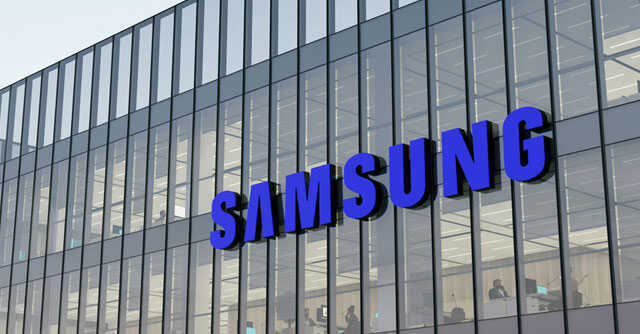
In an unprecedented move, the National Samsung Electronics Union, representing thousands of workers at Samsung Electronics, has announced its first strike since the company's founding more than fifty years ago.

The union plans to hold a one-day protest on June 7, with all its members using their paid leave to participate. The action is seen as a significant escalation in the ongoing tensions between the union and the South Korean technology giant, which has faced increasing scrutiny over its labor practices.
The union, which claims a membership of approximately 28,000, accounts for more than 20% of Samsung Electronics' total workforce, have voiced strong dissatisfaction with what they describe as the company's neglect and persecution of labor unions.
The union's grievances include allegations of unfair labor practices and a lack of meaningful engagement in negotiations.
"We can’t stand persecution against labor unions anymore. We are declaring a strike in the face of the company’s neglect of laborers," a union representative stated during a live-streamed news conference, emphasizing the depth of frustration and the urgency for action.
Samsung Electronics has responded by affirming its commitment to continued negotiations with the union. A company spokesperson expressed hope for a resolution through dialogue, emphasizing Samsung's position that it remains open to discussions aimed at addressing the union's concerns.
The announcement of the strike marks a significant moment in the history of labor relations at Samsung Electronics. Founded in 1969, the company has grown to become one of the world's largest technology firms, renowned for its innovation in consumer electronics, semiconductors, and telecommunications equipment.
Despite its global success, Samsung has historically been criticized for its labor practices, particularly its stance on union activities.
The decision to strike comes after a period of escalating tensions and failed negotiations. Union leaders have accused Samsung of failing to address key issues such as working conditions, fair wages, and job security.
The union's move to utilize paid leave for the protest is seen as a strategic effort to maximize participation while minimizing immediate economic impact on workers.
The potential for a full-scale strike looms if the upcoming protest does not lead to meaningful progress in negotiations. Such an action could have significant implications for Samsung Electronics, potentially disrupting production and affecting the company's ability to meet market demands.
It would also signal a broader shift in the labor landscape in South Korea, where union activity has traditionally been met with resistance from major corporations.
Labor experts suggest that the union's strike could inspire similar actions across the technology sector in South Korea, where workers are increasingly vocal about their rights and working conditions. The outcome of this conflict could set a precedent for labor relations in the industry, influencing how other companies engage with their workforce.
As the June 7 protest approaches, all eyes will be on Samsung Electronics and the National Samsung Electronics Union. The outcome of this standoff will not only impact the company's future but could also resonate across the broader labor movement in South Korea and beyond.
The company's ability to navigate this challenge and reach a satisfactory agreement with its workers will be crucial in maintaining its reputation and operational stability.

















